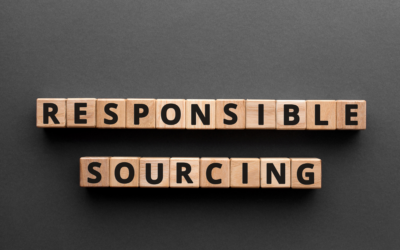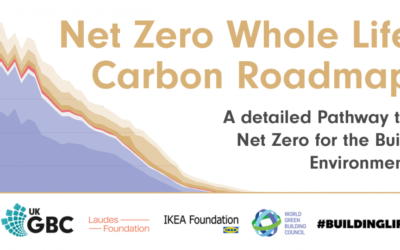Sustainability in the Finishes and Interiors Sector
FIS is committed to taking a pro-active lead, not just in supporting the UK ambition to net zero carbon by 2050, but delivering profound transformation within our supply chain on all aspects of ethical and environmental sustainability.
In this toolkit we look at some of the key actions that you can take and also some of the wider sector initiatives that can support your business in setting a sustainability strategy. The aim is to support companies in meeting the ethical and environmental aspects of sustainability considered from the three dimension of planet, people and profit across the entire construction supply chain. Definitions of sustainability do vary, but focus is on where our sector can make a positive impact in line with the UN Sustainability goals and the Net Zero agenda in the UK.
FIS 10 Golden Rules for Waste Reduction
Introducing Sustainability
General Principles
Relevant Literature
Reuse
FIS Pre-Cycle Agreement
The FIS PreCycle agreement provides a direct link between the manufacturer and user of a construction product to ensure that at end-of-service-life, the material can be recovered, repurposed, recycled or processed in the most environmentally way by keeping the product at its highest value application and importantly avoiding landfill.
Sector Specific Activities
Flooring
Plasterboard
Ceilings
How to measure sustainability
Sustainability related to your activities
Sustainability related to your organisation
Training
FIS has partnered with the Supply Chain Sustainability School
Zero carbon resources for finishes and interiors
Free-to-access training materials, videos, webinars and resources.
FREE sustainability learning pathway “‘FIS Sustainability Awareness: Doing Business Better”.
Sustainability Headlines
Inspiring Change – A Matter of Respect
Last month I signed up to attend the Inspiring Change Event in London – the focus, creating a fair and inclusive environment in construction centred on respect. It is vital subject on so many levels not least because we have a HUGE skills and labour shortage, but also...
What is responsible sourcing?
Have you ever wondered where the products you buy come from? For products made with wood (table, paper or construction products), labels such as FSC or PEFC for timber products have been in place for a long time. Those labels promote the responsible management of...
New report confirms sector Net Zero Plans are possible
UK Green Building Council launches first ever UK Roadmap for achieving Net Zero carbon built environment by 2050. Whole Life Carbon Roadmap from the UK Green Building Council highlights the growing need to quickly close the policy gap on net zero homes and embodied...
CLC and ITN Launch Co-production ‘Building a Greener Britain’
The construction industry is playing its part in transforming its working practices and leadership models to contribute to the global ambition for a net zero future. The Construction Leadership Council (CLC) has partnered with ITN Productions Industry News to produce...
Measuring your carbon footprint in the finishes and interiors sector
FIS and the Supply Chain Sustainability School are collaborating to help deliver Net Zero in the finishes and interiors sector through a new virtual training portal hosted on the Supply Chain Sustainability School website. This sustainability training hub is another...
Consultation on Plastic Packaging Tax (General) Regulations 2021
The Plastics Packaging Tax is due for introduction on 1 April 2022 and HMRC is looking for businesses' views on the technical application of the regulation. The consultation closes on 1 December 2021 and details are available here. The Primary legislation establishing...
FIS Events
Path to Net Zero
The CLC Roadmap to Recovery has laid out proposals to secure the future of construction, while setting the industry on a sustainable path towards recovery. But what does this mean to projects in our sector.
Calculating your carbon footprint
As the industry is becoming more aware of the urgency to work towards net zero carbon targets, it is important that organisations start measuring their carbon footprint.






